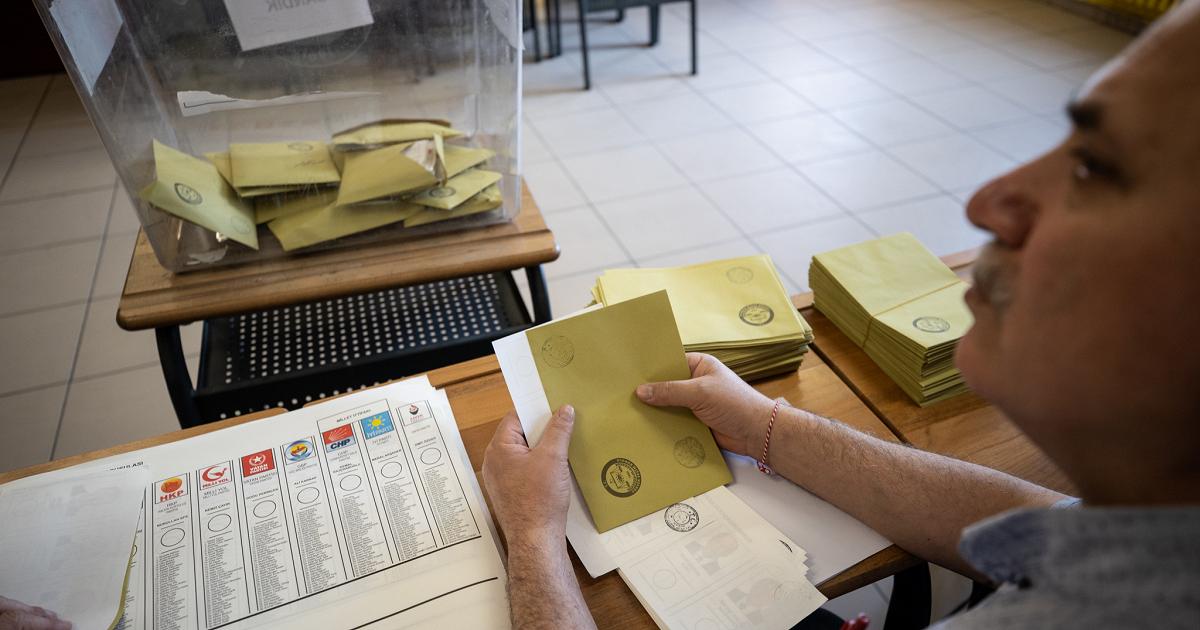Ballot boxes open in Turkey for an election that calls to vote over 60 million voters who will have to indicate who will be the future president of the country.
The game is played between Recep Erdogan, leader of the Justice and Development Party, in office for twenty years - first as Prime Minister, then President - Kemal Kilicdaroglu - the only candidate of the opposition and secular leader of the Republican People's Party - and Sinan Ogan, head of a small opposition party given just under five percent of preferences in the polls.
These elections are not a foregone conclusion: more than half of the voters are women and about 5 million are new voters. The game sees the young Turks on the field, determined to bring a breath of modernity to the country and eager to bring Turkey as close as possible to Europe.
Voting takes place from 8 a.m. (7 a.m. in Italy) to 17 p.m. Only the YSK Commission will be able to release the official results from 21 pm, while from 18 pm the first data will begin to be available. If no presidential candidate obtains more than 50% of the vote, a run-off will be held on Sunday, May 28 between the two most voted.
Turkey's Election Commission has said it will not cancel votes cast abroad for centrist leader Muharremm Ince, who withdrew his candidacy. In fact, the foreign polling stations opened on May 27 and closed on May 9, with the name of Ince still regularly on the ballot.
The campaign could not enjoy any televised presidential debate despite numerous appeals from the opposition: at least nine national television stations broadcast Erdogan's election interview last Friday, May 12, while Kiliçdaroglu managed to address supporters in a three-minute speech exclusively from his Twitter account.
The vote comes amid Turkey's worst economic crisis in two decades and after the devastating February earthquakes in the east of the country. According to the Supreme Council for Elections (YSK), at least one million earthquake-stricken citizens will not be able to vote today, a figure that alone tells one of the hottest topics of these elections.
The opposition, united in an unprecedented combination of secular, conservative Islamic and nationalist parties, seeks to crack Erdogan's power base in the heart of Anatolia.
For the first time, the same polls give the outgoing president 44.2% of the vote: a low figure, never seen before in the twenty years of what has been defined by his opponents as "an autocratic government".

